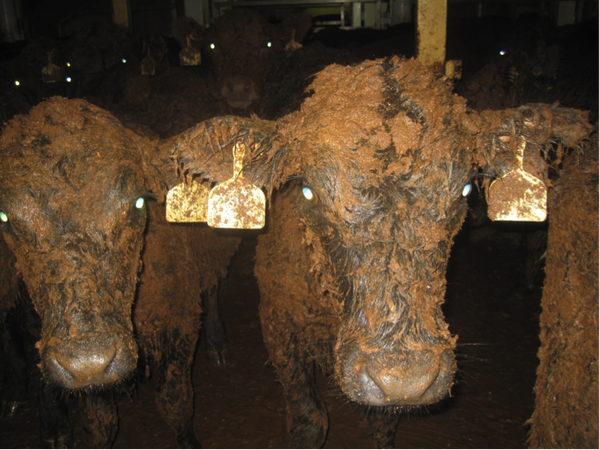
Brazil has banned the export of live cattle from all its ports.
Reuters reports that federal judge Djalma Gomes’s ruling states: "Animals are not things. They are sentient living beings, that is, individuals who feel hunger, thirst, pain, cold, anguish, fear."
The verdict was handed down after the National Forum for the Protection and Defense of Animals filed a law suit in 2017.
The case, still subject to appeal, comes as New Zealand also banned the export of cattle from its shores from April 30. Over 30,000 people signed a petition by animal welfare group SAFE's, and over 57,000 emails were sent to the Prime Minster calling for a ban.
The New Zealand Ministry for Primary Industries began a review of the live export trade in 2019 when news broke of New Zealand cattle suffering in Sri Lanka. The review found over 86% of submitters were in favor of a total ban on the trade.
SAFE CEO Debra Ashton says the ban sends a powerful message to the world that the mistreatment of animals will no longer be tolerated. "The ban will spare hundreds of thousands of animals from the horrors of live export and has prompted similar calls across the globe. Australia is now moving to ban the live export of sheep, and Luxembourg has limited the countries they will export to for animal welfare reasons. Steps have also been made to tighten regulations for live export from the European Union, amidst pressure to ban live export completely.”
In early 2018, the Australian government installed independent observers on some live export voyages. At the time, the Awassi Express (subsequently renamed the Anna Marra) had sailed from Australia's winter to the Middle Eastern summer in the lead up to the annual Muslim festival of sacrifice. Approximately 2,400 sheep died of heat stress on the voyage, sparking public outcry.
A study published in Animals in 2021 examined the reports of the independent observers on cattle voyages from Australia to China and found that animal welfare risks included: hunger, thirst, exposure to extreme temperatures, poor pen conditions, health issues, absence of veterinarians, rough seas, poor ship infrastructure, mechanical breakdown and mismanagement at discharge.



